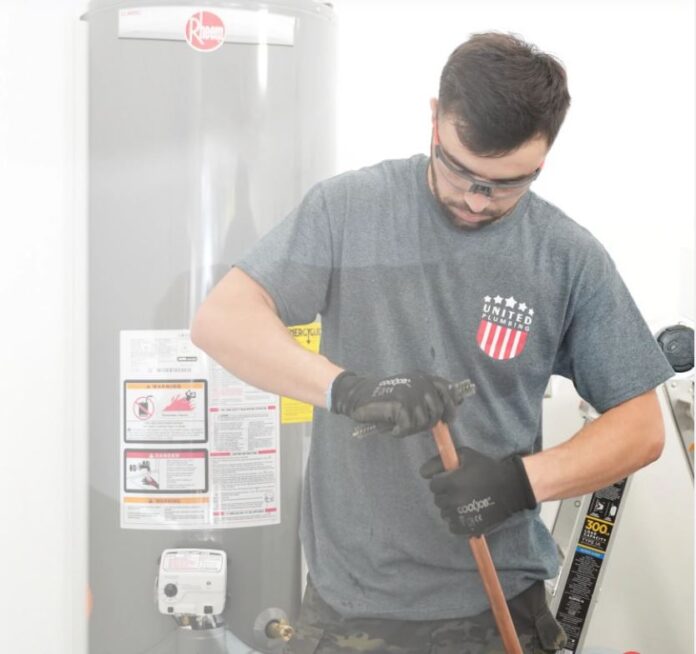Choosing the right water heater for your home in San Jose involves considering several factors, including energy efficiency, cost, and the specific hot water needs of your household. Both electric and gas water heaters have their own sets of advantages and disadvantages, making the selection and installation https://plumbing-united.com/water-heater/water-heater-installation-service/ of these appliances crucial decisions. This guide will help you understand the differences between electric and gas models, and how to choose the best system for your home.
Overview:
Electric and gas water heaters are the two most common types of water heaters used in residential settings. They differ primarily in their source of energy, operational costs, and installation requirements:
-
Electric Water Heaters: These heaters use electricity to heat the water. They are generally easier to install and have lower upfront costs than gas water heaters. They’re also considered safer as they don’t involve combustion processes and are highly energy efficient, particularly in models that use heat pump technology.
-
Gas Water Heaters: These heaters use natural gas and are favored for their ability to heat water quicker than electric models. Although the installation may be more complex due to the need for gas lines and venting, gas heaters typically have lower operational costs due to the lower cost of gas vs. electricity in many areas.
Selection: Factors to Consider
When deciding between an electric or gas water heater, consider the following factors:
-
Energy Efficiency: Gas heaters are often more efficient in terms of energy use because they heat water faster. However, modern electric models, especially those that incorporate tankless or heat pump technologies, can offer comparable or superior energy efficiency.
-
Operational Cost: Generally, gas is cheaper than electricity, which can make gas water heaters less expensive to operate, depending on local energy prices.
-
Environmental Impact: If reducing your carbon footprint is a priority, electric water heaters may be more appealing, especially if your electricity comes from renewable sources.
-
Installation Requirements: Consider the logistics and cost of installation. Electric heaters require no venting and are typically easier and cheaper to install than gas heaters, which must be properly vented and connected to a gas line.
Advantages and Disadvantages
Electric Water Heaters:
-
Advantages: Easier installation, safer operation, and typically more energy-efficient in tankless and heat pump models.
-
Disadvantages: Higher long-term energy costs in regions where electricity is expensive, and potential for longer heat-up times.
Gas Water Heaters:
-
Advantages: Lower operational costs, faster water heating, and better performance during power outages.
-
Disadvantages: More complex installation, needs for venting, and potential safety risks from gas leaks.
Professional Installation and Maintenance
Whether you choose an electric or gas water heater, professional installation is crucial to ensure safety, efficiency, and compliance with local codes and regulations in San Jose. A professional plumber can also provide valuable maintenance tips to prolong the life of your water heater, including:
-
Regularly flushing the tank to remove sediment buildup.
-
Checking the anode rod and replacing it when necessary to prevent corrosion.
-
Inspecting the thermostat and heating elements or gas burner and making adjustments or repairs as needed.
For expert installation and maintenance services, contact United Plumbing & Water Heaters in San Jose. Our team can help you choose the right water heater for your home, perform a professional installation, and provide ongoing support and maintenance to keep your system running smoothly. Call us today to schedule a consultation and learn more about your water heater options.

